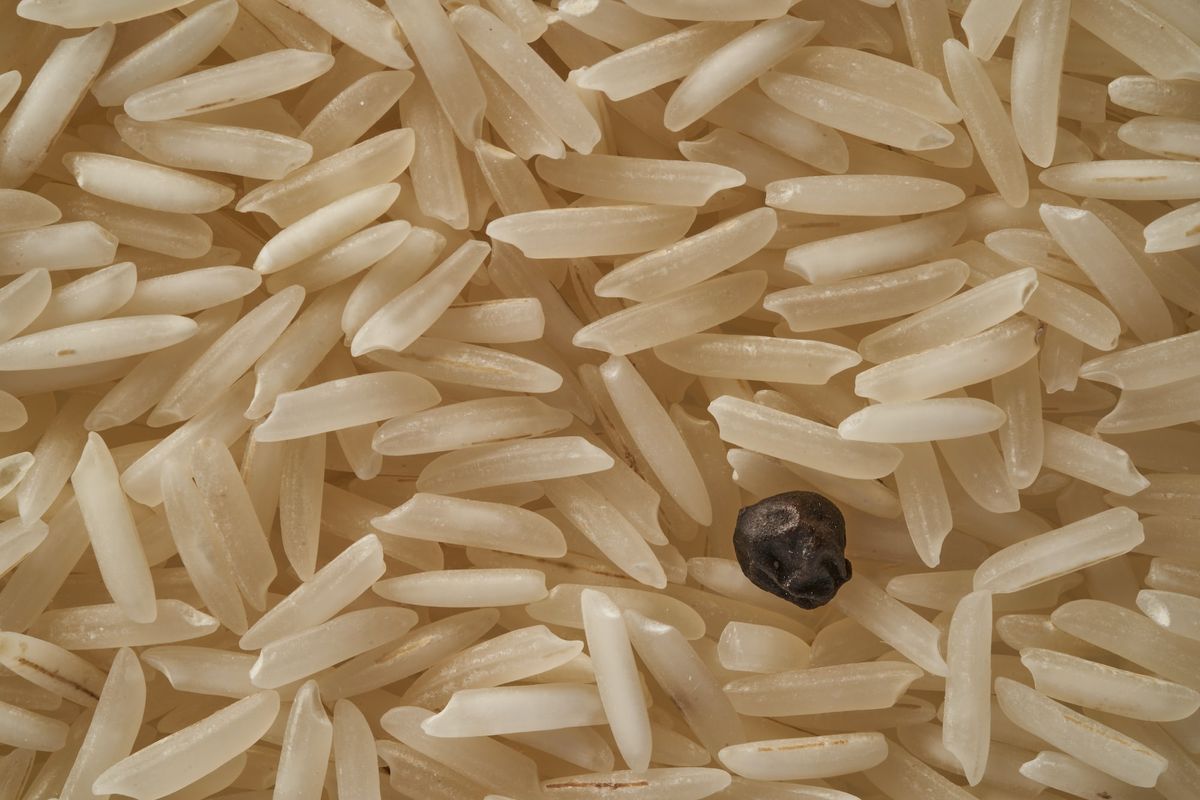'Plastic Rice' - Is It a Threat?
A stubborn rumor claims that artificial rice is being sold as the real thing but there is no evidence that the rumor is true.

Rice is one of the most consumed foods worldwide and is considered a staple food for more than half of the population, according to the Food and Agriculture Organization of the United Nations (FAO).
However, in recent years, rumors about the distribution of fake or plastic rice have gained prominence on social networks, which has generated great concern among consumers and has created controversy about the quality of this cereal.
What is 'plastic rice'?
Plastic rice or fake rice is an alleged synthetic cereal that is produced through a chemical process, instead of being grown naturally. According to rumors, this product is sold in some Latin American and Asian countries, such as China and Bolivia. However, most competent authorities have found no evidence that this fake rice is a reality.
The rumor about the existence of plastic rice began to circulate in the 2010s in Bolivian media and later spread to other countries. The origin of this rumor is uncertain, but some experts believe it originated from confusion with other synthetic foods sold in Asia, such as artificial rice, a rice substitute made from a combination of synthetic ingredients.
Is it safe to eat plastic rice?
There is no evidence that plastic rice is a reality. However, the consumption of synthetic foods can be hazardous to health if they are not manufactured properly. It is important to always check the source and ingredients of food before buying and consuming it.
How can I make sure I am buying real rice?
Make sure you buy rice from a reliable brand and supplier. The Procuraduría Federal del Consumidor of Mexico (Profeco) conducted a market study in 2018, in which 38 brands of rice in Mexico were analyzed. All products analyzed complied with grain specifications, so it was highlighted that they were authentic rice variety and not plastic.
Before buying rice, verify that the packaging is not open or damaged, check the expiration or best before date, read the label and store the rice grain in airtight containers to keep it away from pests.
What other risks are associated with rice production?
Rice production is an industry that can pose risks to workers and the environment. Rice cultivation requires large amounts of water and pesticides, which can affect water quality and the health of people working in the rice fields.
In addition, rice production can also contribute to climate change due to greenhouse gas emissions generated by the use of fertilizers and machinery used in cultivation, as well as methane released during the decomposition of rice in flooded fields.
Another risk associated with rice production is deforestation. To create farmland for rice, forests are often cleared and natural habitats are destroyed, which can have a negative impact on biodiversity and ecosystem conservation.
These factors can affect the availability and accessibility of rice locally and globally, which can have a negative impact on food security.
